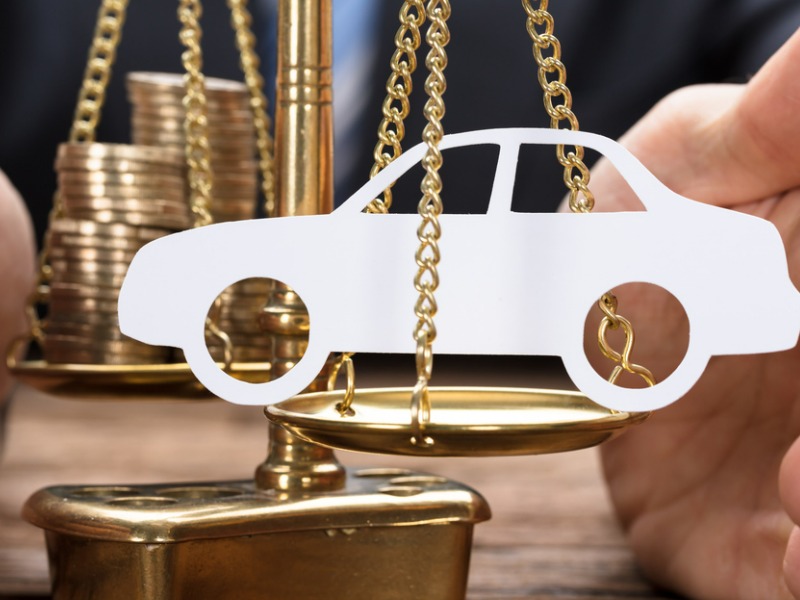Auto deductible plaintiff advised to seek legal counsel

A plaintiff seeking to recover a $700 deductible from an alleged motor vehicle accident on April 9, 2024 was advised to get legal counsel before proceeding with their claim.
The presiding judge used the term ‘alleged’ to describe the accident in the July 22, 2024 decision, because documents from the plaintiff as required by Saskatchewan’s Small Claims Act “consist of a letter to the defendant and a ‘Statement’ in which the plaintiff asserts that they were unaware of any accident occurring and that even if one did occur, their vehicle had sustained no damage as a result of the alleged accident.”
The decision notes the Act is meant to ensure court users don’t spend time or money to advance claims that would fail at trial. The Act also permits “actions by or against an insurer…in any situation in which there is a disagreement between the insured and the insurer.”
The decision notes these circumstances do not involve the plaintiff “seeking monetary relief from the defendant arising out of any damage to their vehicle – because they concede there was none.”
Instead, the plaintiff appears to ask for a stand-alone declaration that if an accident had occurred, the plaintiff shouldn’t be “bound by their insurer’s administrative determination of fault consequent upon that alleged motor vehicle accident, thereby entitling them to the return of insurance deductible monies paid to their insurer.”
The decision adds a prior case had dealt that matter (Pidskalny v Yonge, 2009 SKPC 102). In it, Saskatchewan Government Insurance (SGI) found the owner of a motor vehicle who had no damage to their vehicle at fault for an accident in which the defendant’s vehicle had been damaged. It also cited a second case (Saskatchewan Government Insurance v Valliere, 2005 SKQB 430, 270 Sask R 47) in which a small claims court court determined it had no authority to grant a vehicle owner to sue another driver for a determination of liability.
Following the examples of those cases, the current decision reads, “I conclude that in the absence of a claim relating to actual damages that were caused by another driver to the plaintiff’s property arising from a motor vehicle accident, this court has no jurisdiction to make a stand-alone declaratory order as to fault.
“I do not think that it is open to the plaintiff to bring an action in this court to sue the defendant in order to obtain a declaration that SGI has erred in its determination of fault, and seek a return of a deductible that they had paid to SGI.
“If the plaintiff still seeks to proceed [they are] urged to seek the advice of a lawyer in determining how best to secure the relief that they are seeking. And of course, nothing prevents the plaintiff from contacting SGI’s Fair Practices Office for guidance in relation to this matter,” the decision reads.
Feature image by iStock/AndreyPopov







